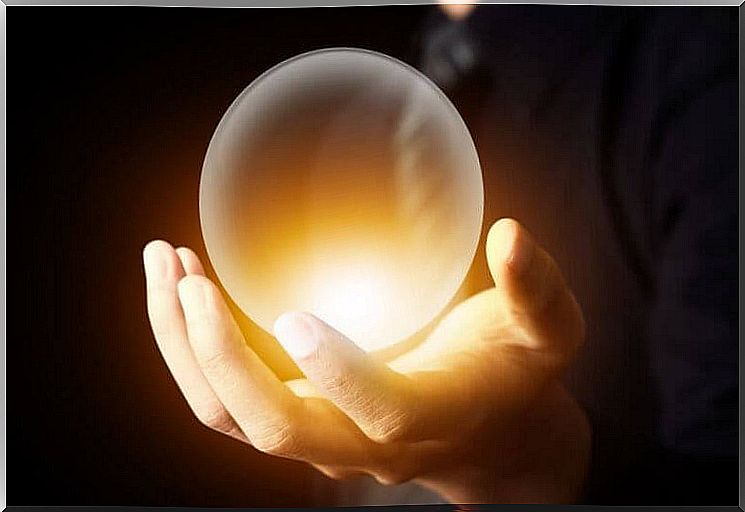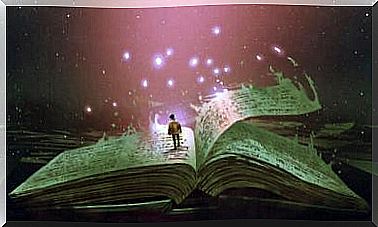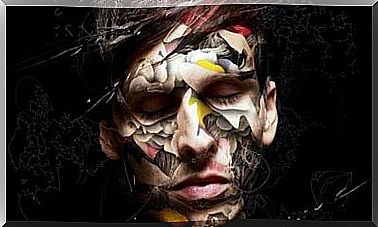Elemental, Dear Watson

We are a species that seeks to explain the abundant and complex reality that is presented to us. Of course, we all seek a certain stability in the world around us without having to carry out a deep internal debate in every decision we make. That’s where heuristics come into play.
It is the so-called “cognitive economy” , a skill that allows us to make quick interpretations in the face of such a collapse. If we don’t have enough data to explain something or someone, we make it up. We need to have answers.
These heuristic shortcuts are forged throughout our lives. It makes us get an idea about things, act accordingly and make decisions quickly.
They build on our previous history of learning, values, and experiences. It would be something like the labeling machine that we use in a supermarket full of products in which we learn to quickly catalog the wide range of products.
What good is heuristics?

This process is very useful, because without it we could not function in a world full of unknowns, events and people. We would not be effective in our day to day and we would wander so much that any decision would become a search for all the existing possibilities.
Without it we would never draw any conclusion, even if it was wrong, and we would not form a personal opinion, which forms our identity.
We use heuristics to decide who or what we approach, we move away, we decide to know, not to do it, or to explain events that occur. If so, can it be that this stability that we build is wrong? Is it always what we interpret almost automatically the true? Do we test our hypotheses or do we take them as true without testing them?
Practical issues
Sometimes it is good to stop the world and stop our rapid filtering process to expand our knowledge, open ourselves to others and, incidentally, be more objective and understanding with the people around us. Breaking barriers.
Remember that, on many occasions, we act as prophets, soothsayers, and mind readers. It is good to realize our ignorance about the world.

An example
An accident occurs on the highway. A gray car in which a family was traveling and a red sports car driven by two young men collide with each other. Fortunately there are only minor injuries.
The other drivers passing by on the highway witness the scene of both cars on the shoulder and the travelers signing the incident papers.
None of those who pass by have witnessed the scene, but what is probably the quick explanation ?
Youth + red car + statistic = guilty.
Although it is true that there is a higher percentage that supports this hypothesis, in reality we do not know what has happened, or what circumstances have led to the collision. It is simply the most likely option to hold on to. You can even complete the scene.
Young people + red car + statistics + alcohol + party = very guilty.
Another example
Pablo and María have decided to end their relationship. Two mutual friends, who are eating together, hear the news from a third party and the debate about the causes of the breakup begins:
– “Well, it has to be because Pablo is very selfish. I know this because Maria told me that on one occasion he acted without thinking about her. I probably couldn’t bear it. “
– “However, I think it is more Maria’s fault. Lately I noticed Pablo downcast and I think it’s because of the treatment he received from her. It has to be very authoritative. “
And so a thousand possible options. They have not spoken to them directly. They do not have enough information to really know the complexity of the matter. But there it is. Each one with their opinion and with their corresponding action accordingly.
And you, what examples do you find in your day to day? In what situations do you act out of inertia and get an idea about something or someone?









